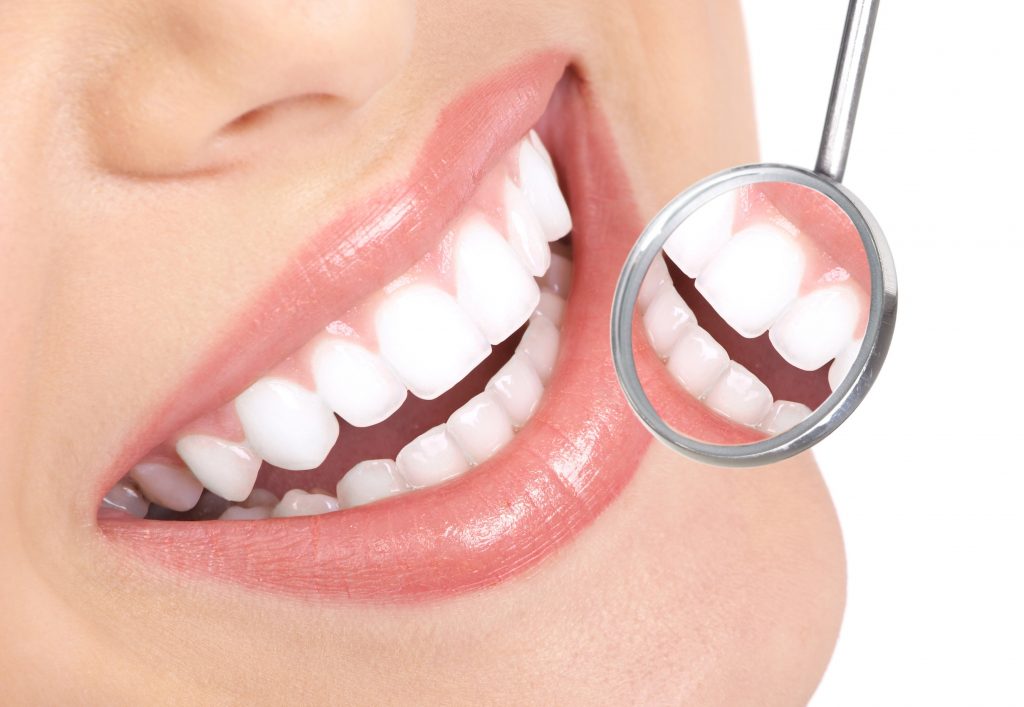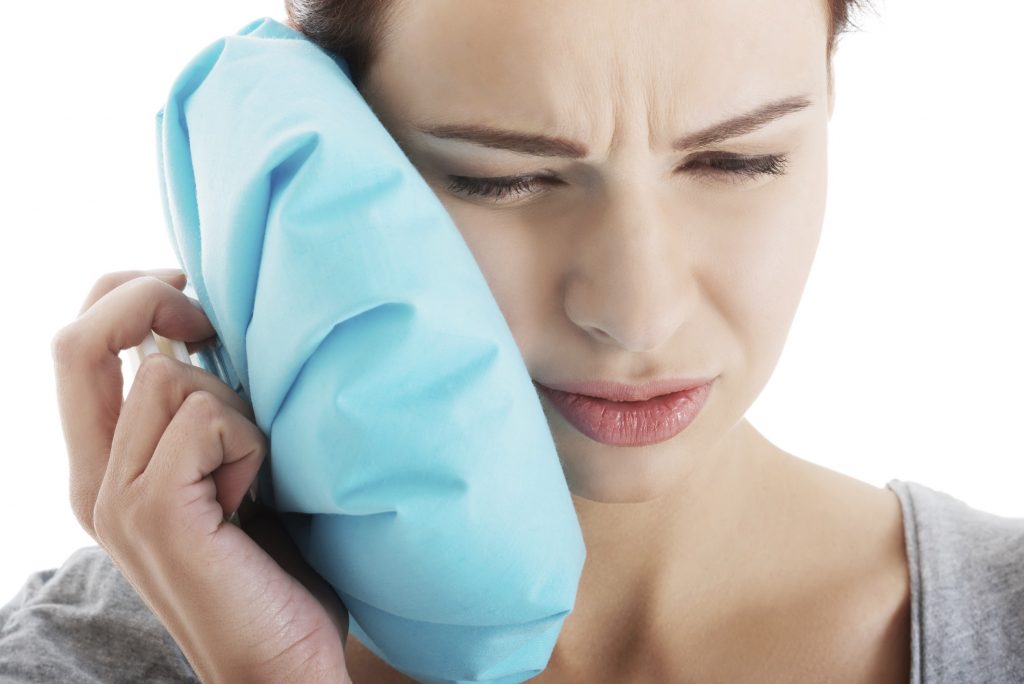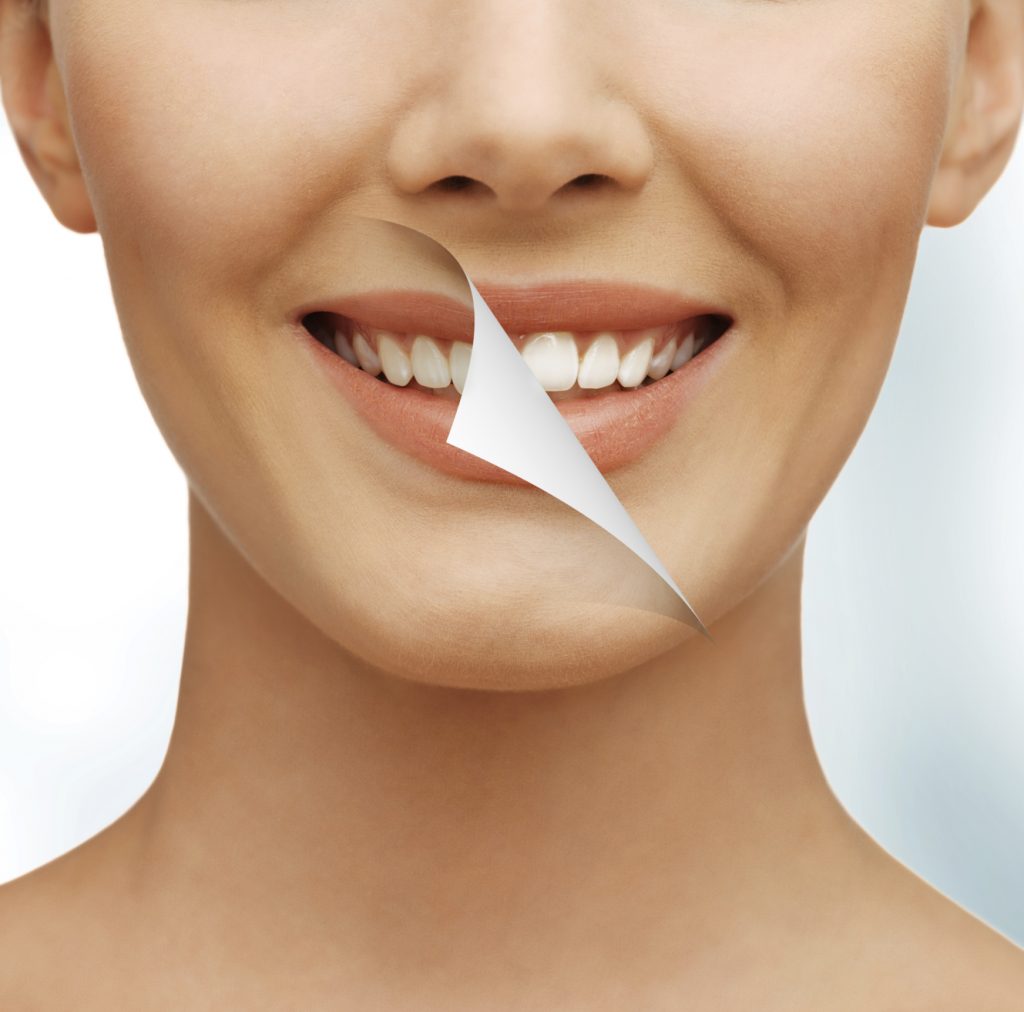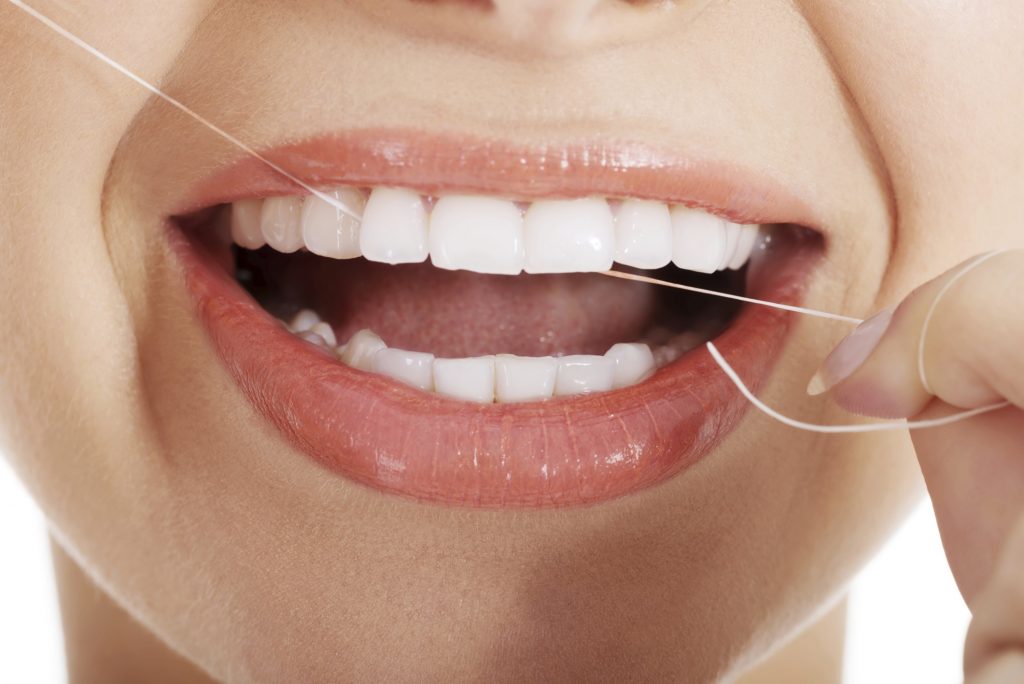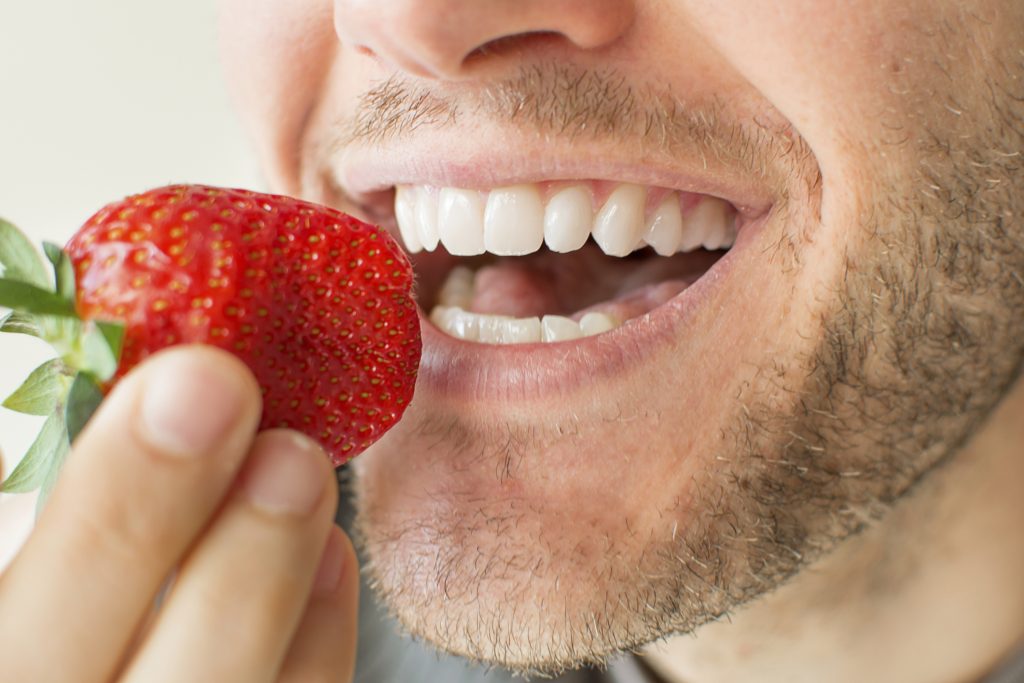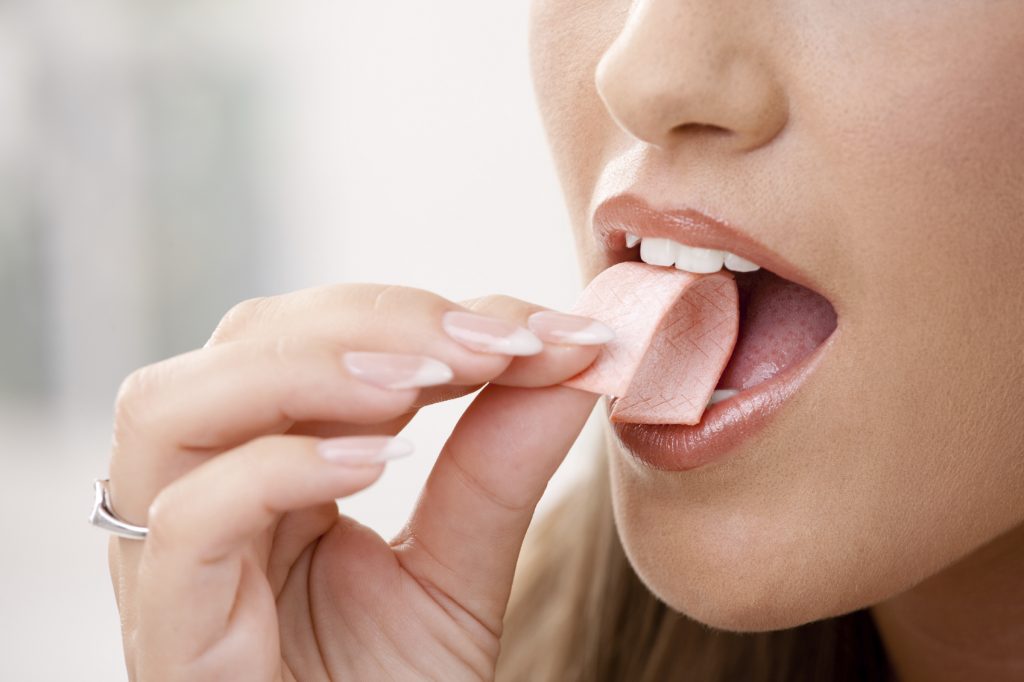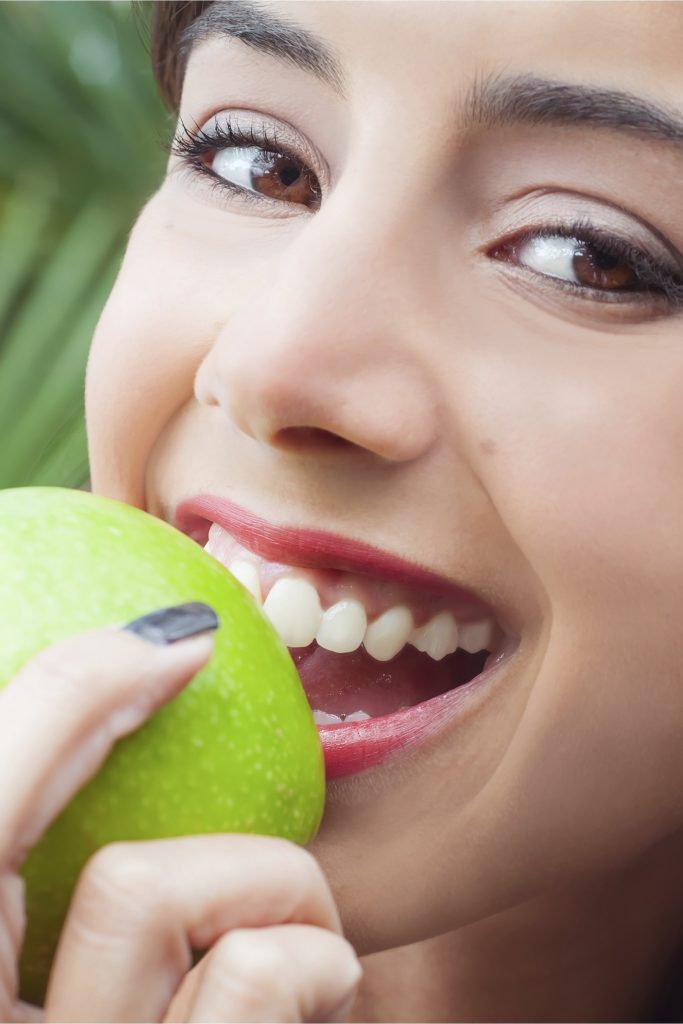
There are many gorgeously constructed bridges in the world. Not only do they look beautiful, but they serve a beautiful purpose – to connect two things far apart together. When we have spaces in our teeth, it can cause us to feel self-conscious about our smiles. Luckily, there are plenty of treatment options to choose from when deciding to fix it. One of these options will be a dental bridge.
A dental bridge is a false tooth or set of false teeth held in place by abutment teeth on both sides of the gap. They come in a variety of styles, from gold to a natural-looking porcelain. But did you know there are different variations? Here is a quick rundown:
Traditional. The more traditional, this style of bridge is held in place by crowns that have been cemented to the abutment teeth on either side of the gap.
Cantilever. The teeth on a cantilever bridge are held on by a dental crown, but unlike the traditional version, only one crown as you only need one natural tooth.
Maryland. The Maryland bridge is closer to the traditional version, as it needs two natural teeth, but this particular bridge is bonded onto the natural teeth, not crowns.
Implant-supported. The strongest and most stable variation is based on dental implants. The bridge is supported by dental implants on either side. The only real downfall is that it takes multiple visits to complete.
If you have one or more missing teeth and think it’s time to get it fixed, make sure to ask about dental bridges as possible treatment options.
If you have questions or concerns about dental bridges, make an appointment today with Dr. Philip Schnall at 212-247-7059 or visit our website at www.philipschnalldmd.com.
Dr. Schnall proudly serves New York and all surrounding areas.
